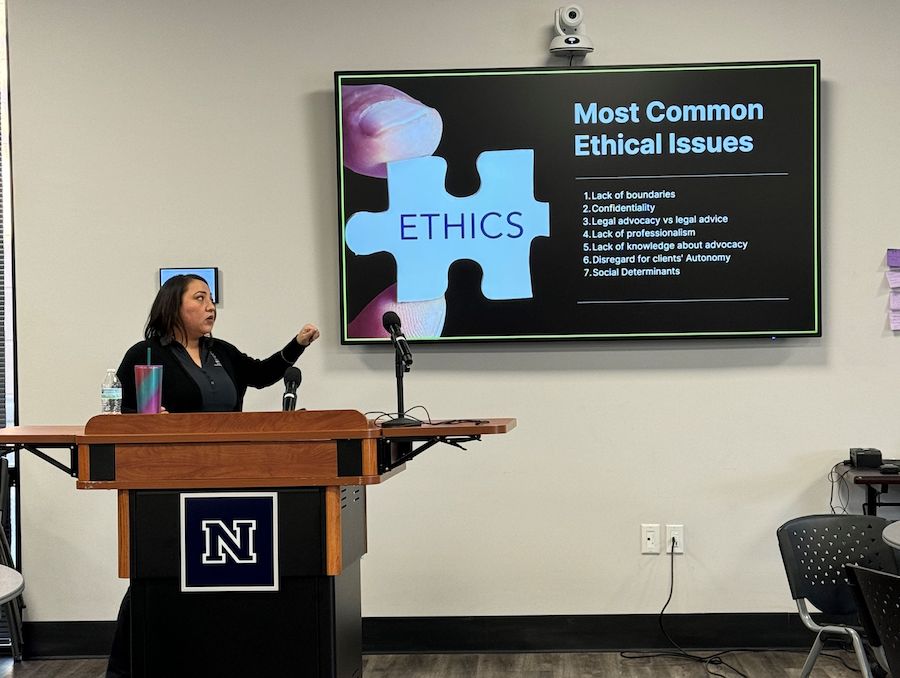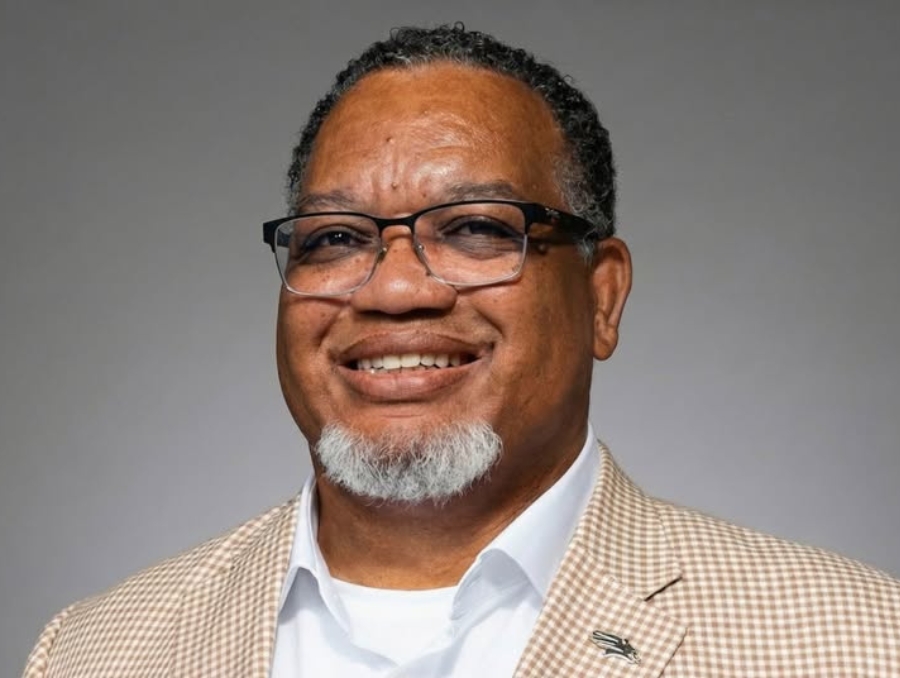A new training aimed at enhancing advocacy and support for victim-survivors of domestic or intimate partners violence is now available to anyone who advocates for, works with, or provides resources and support to victim-survivors, such as law enforcement, medical professionals, judges, lawyers, resource centers, therapists, social workers, teachers and victim advocates.
Developed by University of Nevada, Reno Extension’sHope for Family Resilience Program, the new 40-Hour Hope Advocacy Training provides updated, evidenced-based best practices and information to help better serve and assist victim-survivors. Trainings this spring will be held March 4-7 in Reno and April 8-11 in North Las Vegas.
The course will provide background on the roots and context of domestic violence, and will delve into best practices for direct client services, suicide intervention, assessment and safety planning, the impact on children and youth, cultural responsiveness, legal issues, referrals and resources. Extension, part of the University’s College of Agriculture, Biotechnology & Natural Resources, partnered with the University’s College of Education & Human Development to develop and provide the training.
“Empowering families and victims of domestic violence by increasing awareness, and offering trainings and support is the goal of our program,” said Pamela B. Payne, associate professor with both Extension and the College of Education & Human Development. “Recognizing the critical requirement for specialized advocate training in Nevada, our team initiated a collaborative process with key organizations and agencies. This process included an in-depth exploration of the unique needs prevalent within the domestic violence and intimate partner violence survivor community, which is marked by its diversity."
Payne says going into a class with no prior knowledge of the content can be intimidating, but this program is suitable for new and experienced advocates. The 40-hour in-person training includes 35 hours in person, and five hours of online components, such as viewing video contributions from the program’s board members and various experts, sharing their knowledge.
“Every aspect of the training is backed by rigorous research, ensuring that advocates are equipped with the necessary skills and knowledge for their pivotal roles,” Payne said.
The training costs $250 and is scheduled to be held once in Reno and several times this year in North Las Vegas. Registration for trainings are currently open, with the first training in Reno, March 4-7, 8 a.m. – 6 p.m., at the University of Nevada, Reno Redfield Campus, 18600 Wedge Parkway, Room 230. Register for the March Reno session.
There are four sessions scheduled for North Las Vegas, at the University of Nevada, Reno Extension office, 2280 McDaniel St.:
- April 8-11, 8 a.m. – 6 p.m. Register for the April Las Vegas session.
- July 15-18, 8 a.m. – 6 p.m. Register for the July Las Vegas session.
- Sept.18 and 25, and Oct. 2 and 9, 8 a.m. – 6 p.m. Register for the September and October session.
- Dec. 3-6, 8 a.m.- 6 p.m. Register for the December session.
The Hope for Family Resilience Program also offers other courses, including a Zoom and in-person offering of “How to Avoid Falling for a Jerk (or Jerkette),” which teaches students to identify red flags when dating and helps with their self-esteem.
For more information, call 725-231-7011 or email the hope team.
Persons in need of special accommodations or assistance for attending programs should email Paul Lessick, civil rights and compliance coordinator, or call him at 702-257-5577 at least five days prior to the scheduled event with their needs or for more information.
















